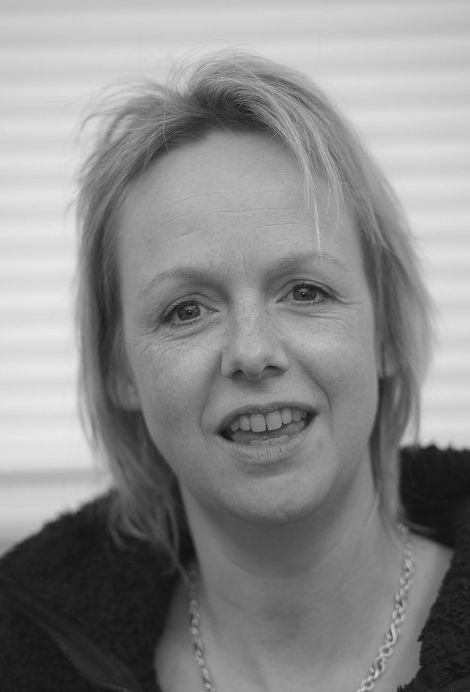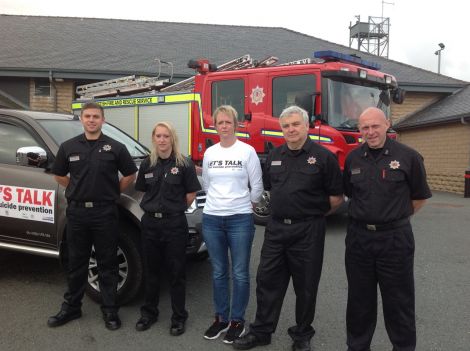News / No suicides in 18 months as training pays off
SHETLAND’s suicide rate has dropped significantly in the last two years as work continues across the isles to spread awareness of prevention.
There have been no suicides in the last 18 months, which is a marked contrast to a previous average rate of seven a year.
NHS Shetland’s Choose Life coordinator Karen Smith believes that rolling out training within the community, as well as raising awareness, has helped to reduce stigma.
Shetland has historically had the highest male suicide rate in Scotland and in recent years Smith and Mind Your Head’s Shona Manson have been teaching locals about prevention through the Applied Suicide Intervention Skills (ASIST) scheme.
This has seen the duo hold sessions with frontline staff, such as health workers, as well as members of the public.
Take-up of the two-day workshop has always been high and Smith believes this has made a positive impact on the number of people in the isles who are able to spot warning signs.
“We’ve kept it free at the point of delivery,” she said. “At other places you have to pay to go on it, but we’ve kept it free and we’ve said it’s open to Joe Public, or any professional.
“There was a period of time when the government said we had to train 50 per cent of front line staff, so we trained A&E staff and social care staff, and anyone within the health and social care field. The government has dropped that as a target, so we just open it up to anyone and everyone, and they are usually always full.”
Awareness sessions have also been held with watch managers of the local fire service, with Smith due to visit all stations in the remainder of the year.
Other work undertaken recently includes a suicide prevention awareness roadshow which toured across the isles in September, while Mind Your Head produced a well-received video series focusing on men’s mental health.
Become a member of Shetland News
The charity also launched its Grubby Hut initiative, which encourages talking and listening in the workplace.
Smith admits the “million dollar question” is why Shetland has had such a high suicide rate.
She said neighbouring Orkney has often had a much lower rate, but investigation into the issue hasn’t offered any firm explanation so far.
“I think there became a period of time where…say you have a life event, such as a relationship breakdown or a loss of a job, or something significant happened in your life, which can happen to all of us,” Smith said.
“We choose how we cope with it. Some people choose to talk to friends and family, some people choose to go to the doctors, some people choose to drink, and I think suicide became one of those choices. I think by the public campaigns that we do, and the ongoing training, we’re removing that as one of those choices.
“We’ve not had a suicide in the last 18 months, and the number of attempts we know about is also reducing.”
Smith added that there are a number of ways people can access help. Breathing Space can be contacted on 0800 83 85 87, while Samaritans is on 116 123.
People are also advised to visit their GP, or in an emergency they can go to A&E or dial 999.
Become a member of Shetland News
Shetland News is asking its many readers to consider paying for membership to get additional features and services: -
- Remove non-local ads;
- Bookmark posts to read later;
- Exclusive curated weekly newsletter;
- Hide membership messages;
- Comments open for discussion.
If you appreciate what we do and feel strongly about impartial local journalism, then please become a member of Shetland News by either making a single payment, or setting up a monthly, quarterly or yearly subscription.





























































